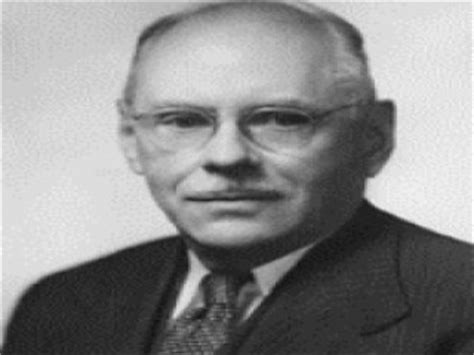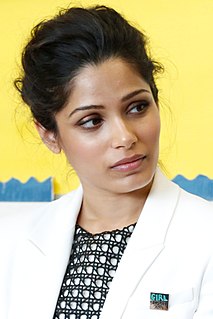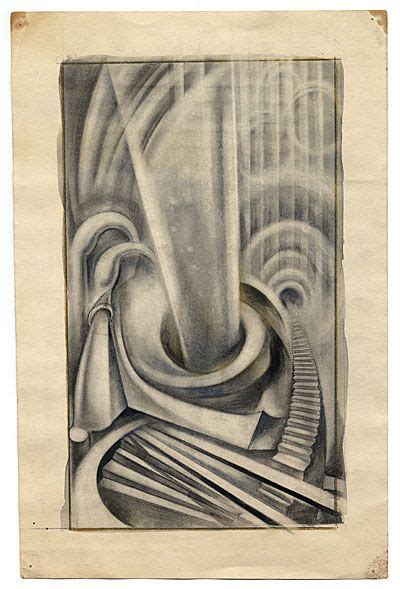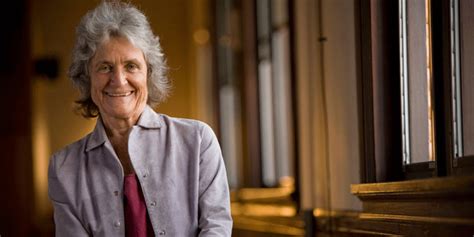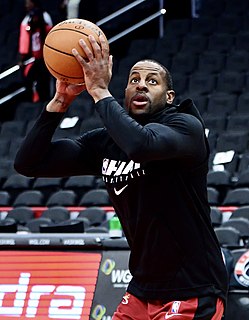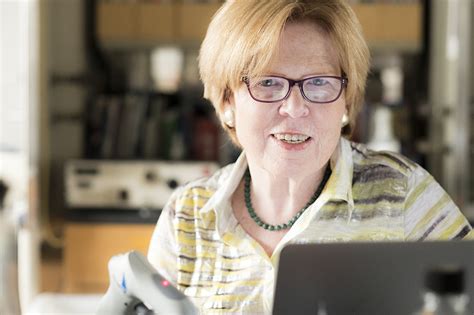A Quote by Frank Knight
Knowledge is more a matter of learning than of the exercise of absolute judgment. Learning requires time, and in time the situation dealt with, as well as the learner, undergoes change.
Related Quotes
Knowledge about yourself binds, weighs, ties you down; there is no freedom to move, and you act and move within the limits of thatknowledge. Learning about yourself is never the same as accumulating knowledge about yourself. Learning is active present and knowledge is the past; if you are learning to accumulate, it ceases to be learning; knowledge is static, more can be added to it or taken away from it, but learning is active, nothing can be added or taken away from it for there is no accumulation at any time.
The best results are achieved by using the right amount of effort in the right place at the right time. And this right amount is usually less than we think we need. In other words, the less unnecessary effort you put into learning, the more successful you'll be... the key to faster learning is to use appropriate effort. Greater effort can exacerbate faulty patterns of action. Doing the wrong thing with more intensity rarely improves the situation. Learning something new often requires us to unlearn something old.
Will robot teachers replace human teachers? No, but they can complement them. Moreover, the could be sufficient in situations where there is no alternative––to enable learning while traveling, or while in remote locations, or when one wishes to study a topic for which there is not easy access to teachers. Robot teachers will help make lifelong learning a practicality. They can make it possible to learn no matter where one is in the world, no matter the time of day. Learning should take place when it is needed, when the learner is interested, not according to some arbitrary, fixed schedule
The word constructionism is a mnemonic for two aspects of the theory of science education underlying this project. From constructivist theories of psychology we take a view of learning as a reconstruction rather than as a transmission of knowledge. Then we extend the idea of manipulative materials to the idea that learning is most effective when part of an activity the learner experiences as constructing a meaningful product.
There is, so I believe, in the essence of everything, something that we cannot call learning. There is, my friend, only a knowledge-that is everywhere, that is Atman, that is in me and you and in every creature, and I am beginning to believe that this knowledge has no worse enemy than the man of knowledge, than learning.
The biggest thing is to give it back. You want to leave the game in a better situation than you came in with it. That's really important to me, especially being an avid reader and just learning about how to build businesses, learning how to make the most of the business you're in, the ins and outs of the relationships that you build as well.
There is first the problem of acquiring content, which is learning. There is another problem of acquiring learning skills, which is not merely learning, but learning to learn, not velocity, but acceleration. Learning to learn is one of the great inventions of living things. It is tremendously important. It makes evolution, biological as well as social, go faster. And it involves the development of the individual.
Love of goodness without love of learning degenerates into simple-mindedness. Love of knowledge without love of learning degenerates into utter lack of principle. Love of faithfulness without love of learning degenerates into injurious disregard of consequences. Love of uprightness without love of learning degenerates into harshness. Love of courage without love of learning degenerates into insubordination. Love of strong character without love of learning degenerates into mere recklessness.
